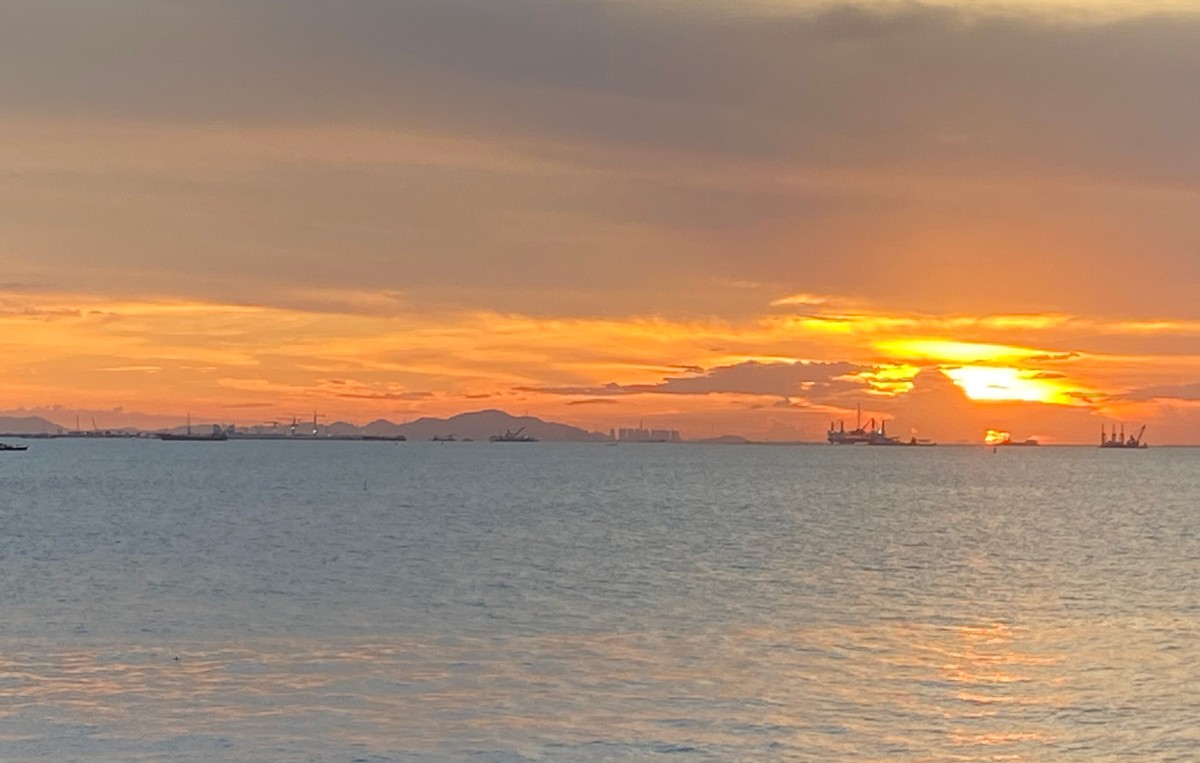
Many thanks to @quite-unlike-tea and @annamaxima for helpful advice on my last post.
I studied English at Boracay, Philippines for 4 weeks, in an international English school opened by a Canadian 20 years ago. It’s my first time to go abroad. English immersion is challenging but helpful for me.
From talking a lot with my English teachers and classmates, I had learned that even though I didn’t know some advanced words, I could use simple words to convey similar meanings. That’s called meaning-focused activity.
I had four classes every day: one reading class, one grammar class, and two one-on-one speaking classes. My favorite was the reading class taught by a male teacher from London. He was around 60 years old, and he would play guitar in a restaurant in the evening. He was enthusiastic about teaching and encouraging to students. He would ask us interesting questions, such as what we thought our talent was. I replied that I didn’t know if I had any talent. He told me that everyone was talented in something and I would find it.
In the grammar class, I learned the noun clauses and the passive voice. Students were required to make lots of sentences using the grammar knowledge being taught in class. Memorizing a lot of grammar structures was boring, but it was interesting to hear sentences from people from different countries.
From one-on-one speaking class, I learnt the politics, the educational system and social issues about Philippines. The two teachers were Filipinos. One of them liked reading English novels, and was writing his own novel which he wanted to publish one day. The other one liked listening to his favorite F-POP singer, and spent a lot of time browsing TikTok at night. Both of them were worried about the current state of Filipino government. They thought corruption was still a big problem in Philippines and that the situation was getting worse.
Besides regular classes, school also held lots of other fun activities, such as a quiz on Tuesday nights. Participation cost 50 pesos per person. They were divided into 2, 3 or even 4 groups. Each group would work together to answer a series of questions. The group that got the highest score would win all the pesos.